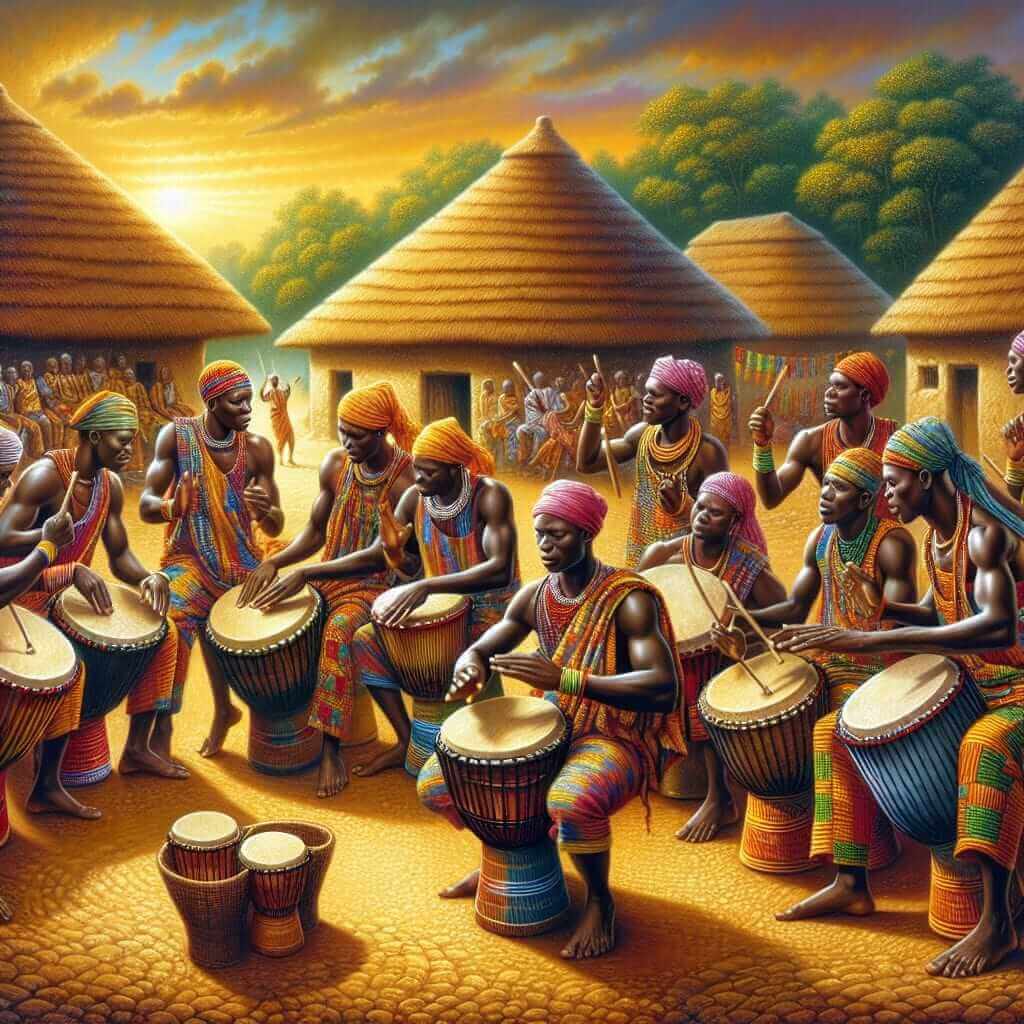Music, a universal language that transcends borders and generations, plays a pivotal role in the preservation of cultural heritage. From ancient lullabies passed down through oral traditions to contemporary anthems reflecting modern societal values, music acts as a conduit for cultural transmission and an archive of shared history. This inherent link between music and cultural preservation has surfaced in the IELTS Writing Task 2, prompting candidates to delve into the multifaceted ways music safeguards and celebrates cultural identity.
IELTS Writing Task 2 Sample Questions
The IELTS exam often features questions exploring the socio-cultural dimensions of music. Below are examples of potential Task 2 prompts related to “The role of music in cultural preservation”:
- Some people believe that traditional music is the most effective way to preserve cultural heritage. Others argue that modern forms of music can be just as effective. Discuss both views and give your opinion.
- Music is often seen as a universal language that unites people from different cultures. To what extent do you agree or disagree with this statement?
- In many parts of the world, traditional music is being replaced by popular music. What are the causes of this trend? What can be done to preserve traditional music?
Sample Answer and Analysis
Let’s analyze the first question from the list above and craft a comprehensive response.
Question: Some people believe that traditional music is the most effective way to preserve cultural heritage. Others argue that modern forms of music can be just as effective. Discuss both views and give your opinion.
Analysis: This question presents a classic “Discuss both views” format, requiring you to examine both sides of the argument before providing your perspective.
Model Essay
Music, an intrinsic part of human culture, serves as a powerful tool for preserving heritage. While some argue that traditional music holds the key to cultural preservation, others believe that modern music can be equally effective. This essay will delve into both viewpoints before presenting a balanced opinion.
Proponents of traditional music argue that it represents the purest form of cultural expression. Passed down through generations, traditional melodies, rhythms, and instruments carry the weight of history and ancestral knowledge. For instance, the intricate rhythms and storytelling lyrics of West African drumming traditions preserve historical narratives and cultural practices that might otherwise fade with time. By keeping these musical traditions alive, communities maintain a tangible link to their past, fostering a sense of identity and continuity.

Conversely, advocates for modern music emphasize its adaptability and ability to engage younger generations. Modern genres often blend traditional elements with contemporary sounds, creating a bridge between the past and present. This fusion can be seen in the works of artists like Youssou N’Dour, who seamlessly integrates Senegalese mbalax rhythms with Western pop sensibilities. Such innovation not only preserves traditional musical elements but also presents them in a format that resonates with a wider audience, ensuring their continued relevance.
In conclusion, both traditional and modern music play vital roles in cultural preservation. While traditional music offers an unadulterated connection to the past, modern music ensures cultural continuity by appealing to younger demographics. Ultimately, a balanced approach that values both forms of musical expression is crucial for safeguarding the richness and diversity of cultural heritage for generations to come. (Word Count: 273)
Notes on Vocabulary, Grammar, and Structure
- Vocabulary: The essay utilizes topic-specific vocabulary, including “cultural heritage,” “ancestral knowledge,” “tangible link,” and “contemporary sounds,” demonstrating a strong command of language related to the topic.
- Grammar: The essay showcases a variety of grammatical structures, including complex sentences, passive voice, and conditional clauses. The language is clear, concise, and error-free, indicating a high level of grammatical accuracy.
- Structure: The essay follows a clear and logical structure, presenting both sides of the argument before offering a balanced conclusion. This well-organized approach enhances readability and coherence.
Key Vocabulary
- Intrinsic (adj.): /ɪnˈtrɪnzɪk/ – belonging to the essential nature of a thing
- Proponents (n.): /prəˈpoʊnənts/ – people who support a particular idea or course of action
- Ancestral (adj.): /ænˈsɛstrəl/ – relating to family members from earlier generations
- Tangible (adj.): /ˈtændʒəbəl/ – real and able to be touched or experienced
- Conversely (adv.): /ˈkɒnvɜːsli/ – in an opposite way
- Adaptability (n.): /əˌdæptəˈbɪləti/ – the ability to change or be changed to suit different conditions
- Fusion (n.): /ˈfjuːʒən/ – the process of combining two or more things together
- Sensibilities (n.): /ˌsɛnsəˈbɪlətiz/ – awareness and understanding of something
- Demographics (n.): /ˌdɛməˈɡræfɪks/ – statistical data relating to the population and particular groups within it
Conclusion
Mastering the art of discussing the role of music in cultural preservation requires a thorough understanding of the topic, a diverse vocabulary, and the ability to present a balanced and well-structured argument. By analyzing sample questions, studying model essays, and expanding your vocabulary, you can confidently tackle IELTS Writing Task 2 questions related to this captivating theme. Remember to explore related subtopics, such as the impact of globalization on music, the use of music in education and cultural exchange programs, and the challenges of preserving endangered musical traditions, to further enhance your understanding and writing prowess.